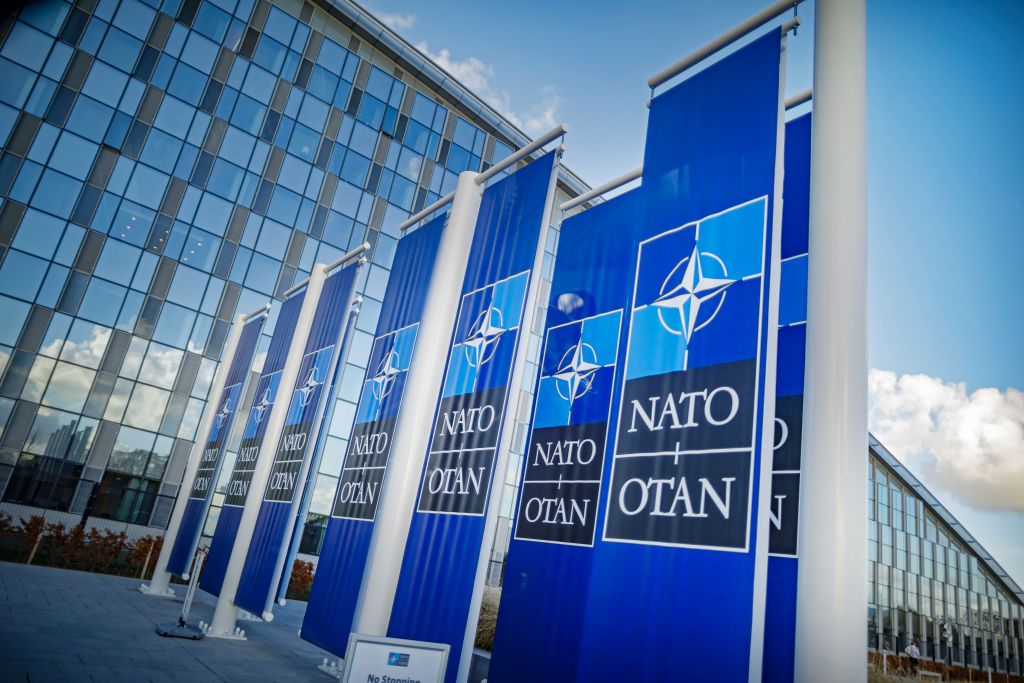Russia could attack NATO by 2030, German intelligence chief says

Russia will have the military capabilities to be able to attack NATO by 2030, said German intelligence chief Bruno Kahl during a parliamentary hearing on Oct. 14.
Kahl's comments were the latest in a series of increasingly dire warnings from Western leaders and defense officials about the threat emanating from Russia and Europe's current lack of preparedness.
Russia's determination to use covert and hybrid measures against the West has reached a "level previously unseen," Kahl said, adding that they are being used "without any scruples."
Moscow's ultimate goals are to "push the U.S. out of Europe," roll back NATO boundaries to the 1990s, and create a "Russian sphere of influence" with the aim of cementing a "new world order."
Russian President Vladimir Putin "will continue to test the West's red lines and further escalate the confrontation," Kahl said, warning that Russia's military spending is far outstripping that of the West.
Separately, Thomas Haldewang, the chief of Germany's domestic intelligence agency, said that Russian espionage and sabotage activity in Europe has sharply increased.












